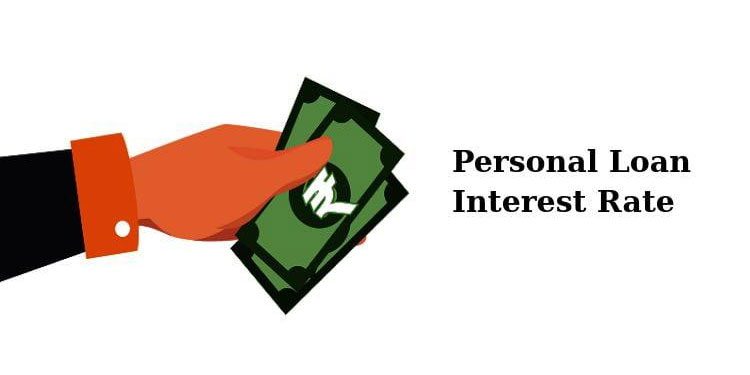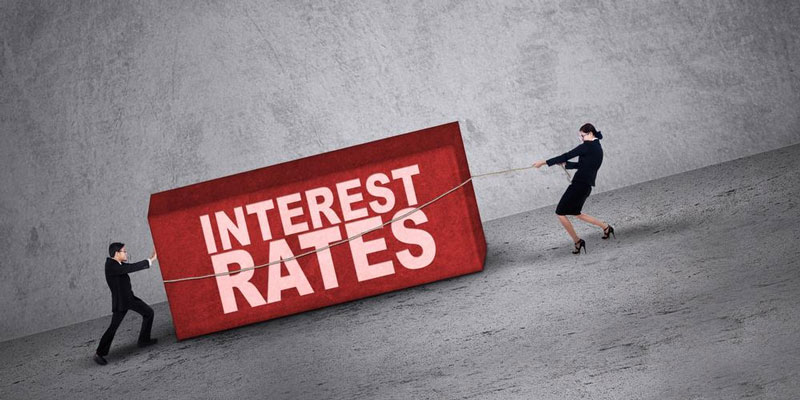
Factors That Affect Personal Loan Interest Rate
Various factors affect personal loan interest rates. Some of the factors are discussed below:
1. Credit score and the lender
Personal loan rates are based on how well you repay your debts, shown by your credit score. Many of the differences between lenders are because of the types of people these lenders want to work with. Premier and super-prime lenders have excellent or good credit ratings. Near- and sub-prime lenders have good or terrible credit. A few lenders serve a wide range of debtors with various credit histories. Lenders who concentrate on the less-than-prime market typically have greater rate variations than lenders who only work with prime people. Many lenders use the FICO rating model to determine how good a borrower's credit is.
2. The Debt-to-Income Ratio

It's the total amount of debt you have separated by your monthly household income. In this illustration, if you possess $2,999 in debt service payments each month and make $5,999 a month in gross revenue, you include a debt-to-income ratio that is 50%. Most instalment loans and credit lines, like mortgage loans and credit cards, are considered when you figure out how much debt you have to pay.
Utility bills, for example, don't cover half of your debt. Also, you need only think about your bank cards' minimum threshold balance fees. Sometimes if you have a lot of debt from monthly instalments, you don't need to think about that. If your debt-to-income percentage is more than 43%, you might not be able to get a loan. Personal loan providers have different standards. However, lower debt-to-income ratios are also better.
3. Income and Employment Status
Lenders favour people who have steady jobs and a lot of money. Most lenders don't want to loan money to people who make less than $20,000 a year because they don't get the perfect interest rates. Mortgage companies usually look at the last 24 months of work history, but they may think back even further. Many personal loan suppliers who specialize in customer loans don't like self-employed people, sole proprietorships, people who make a lot of money from freelance work, or people who have recently begun smaller companies.
4. Education
The value of academic achievement as a loan insurance factor varies wildly. Some non-traditional lending institutions pay more attention to attributes such as employment and education. In comparison, less attention is paid to conventional credit variables. Such lenders think that young people who have professional qualifications and great job opportunities are well-equipped to take on new loans, even if their credit score isn't great right now.
5. Loaning Money to a Person
People who take out high-principal debts may pay more for them because they are riskier. Moreover, numerous lenders won't give out high-principal debts to people they think aren't good enough. It might be hard to get a loan, whether you have decent or great credit instead of outstanding credit.
6. Loan terms
Long-term loans (five or six years) are more likely to generate greater interest rates than short-term loans (one to three years). Longer-term debts also cost more in the long run because interest builds up for a longer period.
Conclusion
Each lender has its unique way of getting a loan. Sometimes, even small differences in how lenders score borrowers can make a big difference in the loan prices and conditions they offer. Verify your rates with various lenders as you might as you look for the perfect personal loan rates. Find out if you can search a lot of things right in front of your eyes.



